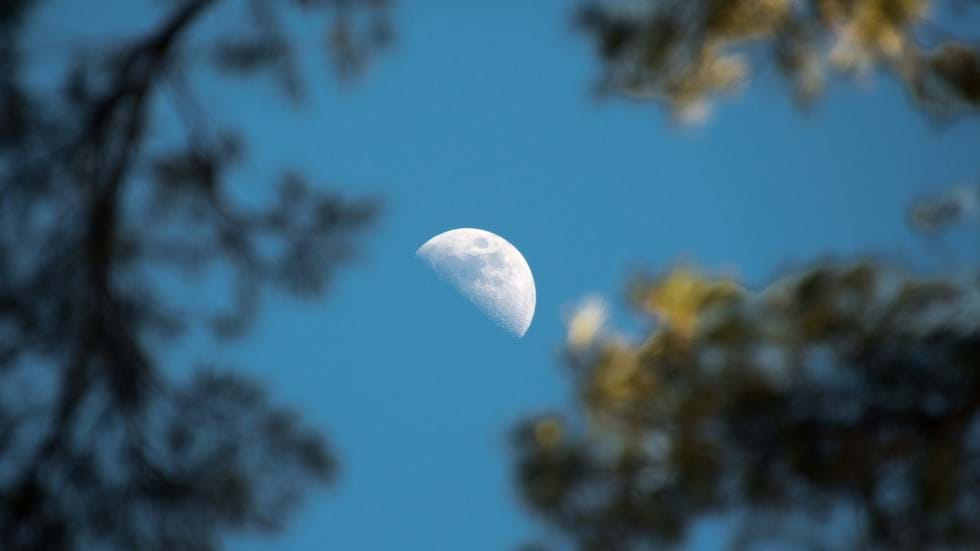Australia funds project to grow plants on the moon

PLANTS could soon be grown off Earth thanks to a team of Australian researchers who plan on sending seeds to the moon.
The Australian Lunar Experiment Promoting Horticulture (ALEPH) project is being led by RMIT University and Melbourne-based start-up, Lunaria One.
The Australian government has invested A$3.6M (US$2.3M) in the project as part of the Australian Space Agency’s Moon to Mars Initiative.
Seedlings will be sent to the lunar surface to investigate whether they can grow off Earth and under extreme weather environments.
Tien Huynh, an associate professor at RMIT, said: “We know some plants grow differently in altered gravity conditions, but don’t yet fully understand how and why.”
She added: “The harsh lunar environment has virtually no atmosphere, rapidly changing temperatures, and relatively poor soil properties, meaning that whatever we grow on the surface will need to be hardy.”
Growing pains
To get the seeds to the moon, the team plan to transport them in a hermetically sealed chamber in a lunar lander.
The chamber will include water, sensors, and a camera, but will be no more than 1.5kg. The team also expects it to use low levels of power, using data rates of less than 40 kb/s while transmitting data.
Graham Dorrington, the co-founder of Lunaria One, said: “Our major challenge is designing the chamber to maintain suitable conditions to permit germination on the lunar surface, where the external surface temperature fluctuates from highs of 80°C to lows of –180°C.”
Once on the moon, RMIT will continuously monitor the seedlings, with data and images of the growth and general health of the plants being beamed back to earth.
Extreme environments
Huynh said: “Preliminary results suggest this could be a good candidate as far as extreme temperature tolerance and germination speed for surviving a mission to the Moon or Mars.”
RMIT researchers are also using the project to tackle “extreme engineering and biological challenges” on Earth brought about by climate change.
Extreme climate-induced weather poses one of the greatest risks to future food production, with research showing that drought and heat will have a negative effect on crop and grass growth.
The team are considering sending up rapeseed, a yellow-flowered plant usually used to make oil and found in many foods, including ice cream and salad dressing.
The mission is scheduled for take off in 2026.
Recent Editions
Catch up on the latest news, views and jobs from The Chemical Engineer. Below are the four latest issues. View a wider selection of the archive from within the Magazine section of this site.




